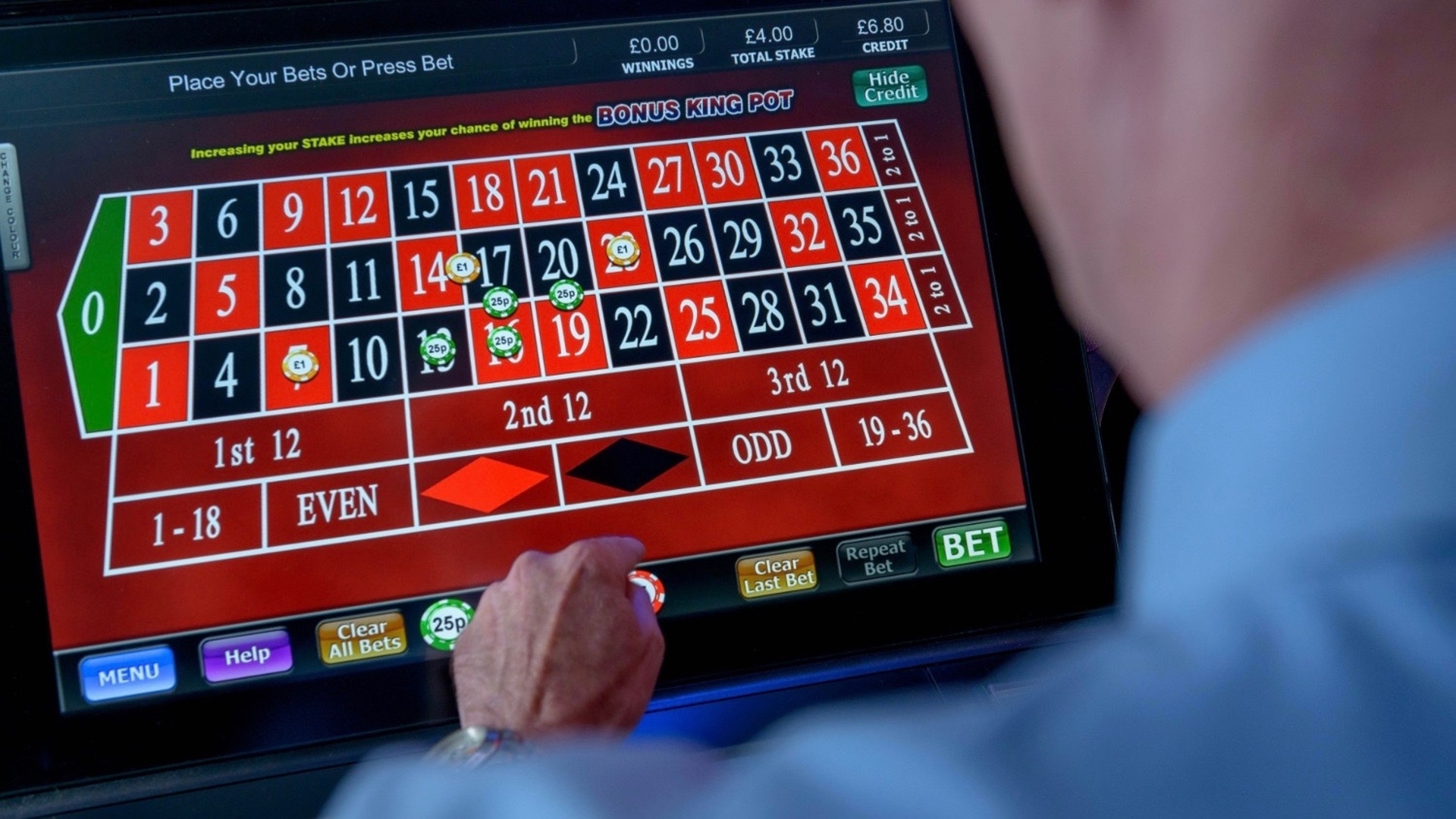Problem gambling is now widely recognised as a clinical addiction, a pursuit that can lead to poverty and ruins lives.
And a new report by the Gambling Commission has revealed the full extent of damaging habits, estimating that the UK now has 400,000 problem gamblers.
The report’s authors found 0.8% of the population could be classified as having a “problem” gambling habit – an issue now worrying common among young men. One in every 50 British men between the ages of 16 to 34 was identified as having a gambling addiction.
A larger group – 3.9% of the adult population – were deemed “at-risk” gamblers, either addicted to gambling or in danger of developing a problematic habit.
Astonishingly, one in every eight men between 16 and 34 has “experienced some difficulty with gambling in the past year.”
Gambling continues to cause harm to a significant number of people in Great Britain
Tim Miller, the Gambling Commission executive director, said the report showed the commission faced a “significant challenge” in meeting its commitment to make gambling safer.










